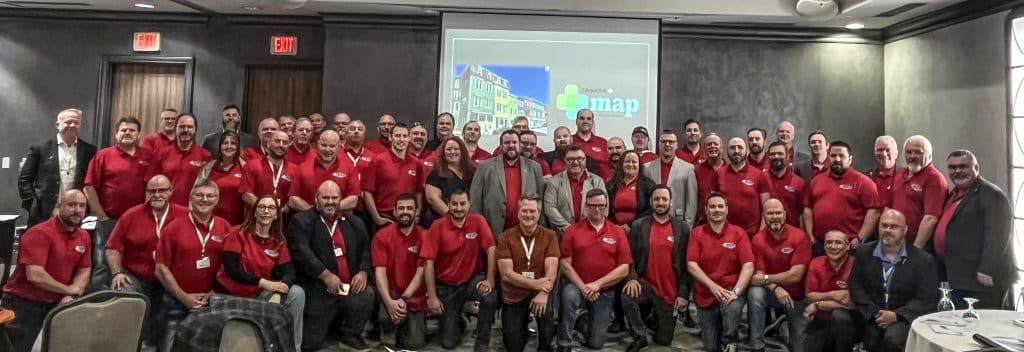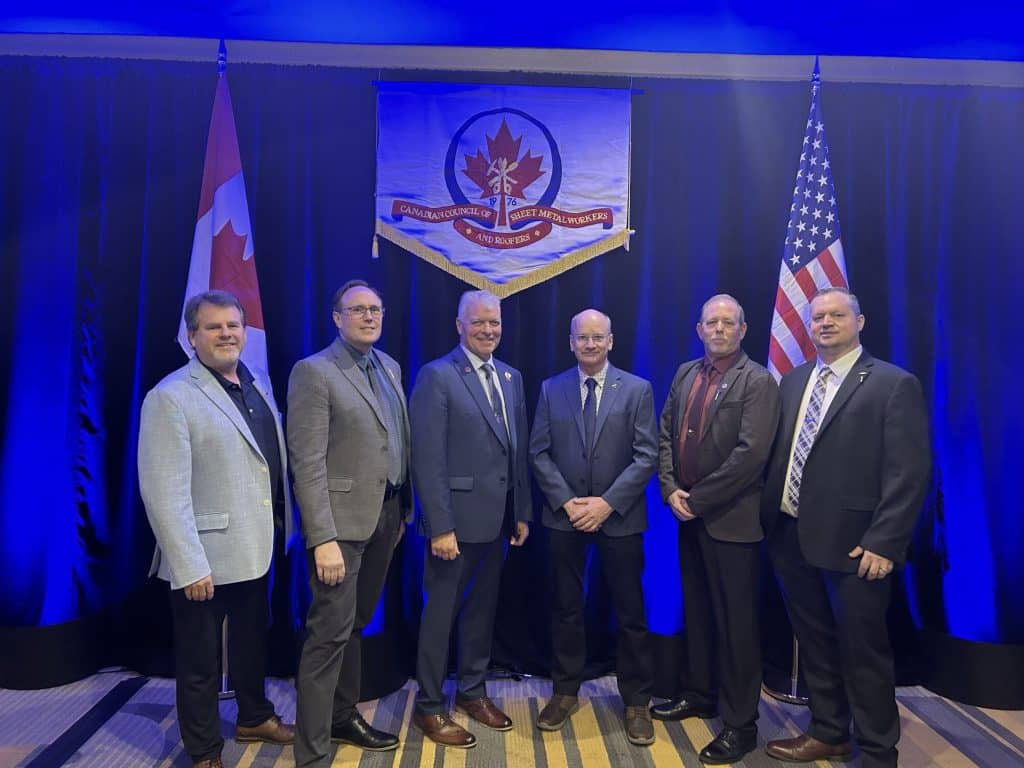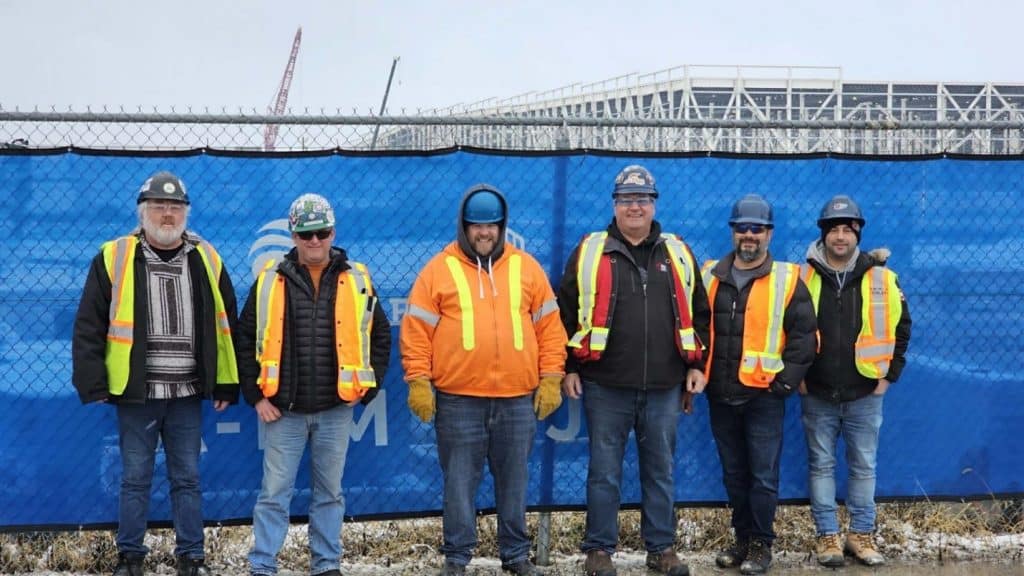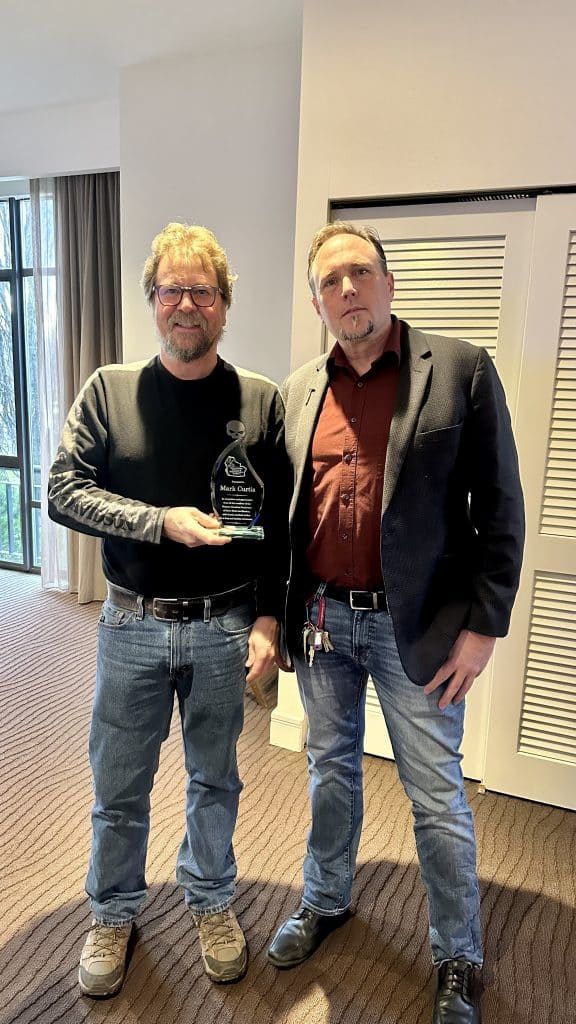On June 4, 2024, an op-ed by Chris Paswisty, former director of Canadian Affairs at SMART, and Krista Wylie, co-founder of Fix Our Schools, was published in the Edmonton Journal. The article discussed the severe air quality issues in British Columbia, Alberta and Manitoba as a result of wildfires, particularly in schools, and is republished below.

As the world marks another Clean Air Day, it is incumbent on policymakers across Canada to ensure clean air, both inside and out, is a reality. Last year, on Clean Air Day, wildfires led Canada to record the worst air quality in the world. And already this spring, British Columbia, Alberta and Manitoba are witnessing some of the worst air quality levels on record.
Exacerbated by climate change effects, the increased prevalence of wildfires has resulted in prolonged periods of poor air quality across the country. This is causing a new public health crisis to emerge, and it is impacting our most vulnerable population, our children.
Wildfire smoke significantly deteriorates air quality, leading to increased respiratory illnesses, asthma and other health complications. Particulate matter in wildfire smoke can penetrate deep into the lungs, causing immediate and long-term health impacts, particularly in children whose respiratory systems are still developing.
Although many provinces, including Ontario, B.C. and Alberta, have made commendable investments in HEPA filters for schools since 2020, this must be part of a broader, more comprehensive strategy for schools across the country. This measure alone is insufficient to protect our children against harmful pollutants as many school buildings still rely on outdated ventilation infrastructure, open windows, or use fans that are circulating dirty, unfiltered air.
As Canada continues to grapple with the escalating frequency and intensity of wildfires, the current infrastructure is just not advanced enough for the challenges posed by today’s environmental conditions. Upgrading these systems to meet modern standards is a must — particularly as children spend an average of 120 hours a month in school.
In 2022–23, air quality monitoring was conducted in New Brunswick schools, and it was found that 83% of the schools accessed exceeded peak CO2 limits, among other pollutants. Continuous air quality monitoring is crucial to install the proper equipment.
To safeguard the health of our children, Canada must implement regulations to monitor, measure and report air quality levels in schools across the country. Once results are available, decisions can be made on additional funding for necessary infrastructure, such as air ventilation and filtration systems, to ensure children are not at risk while attending classes.
The last time the Ontario provincial government released school disrepair data was in June 2021. At that time, the school repair backlog stood at a whopping $16.8 billion. Fix Our Schools, a parent advocacy group in Ontario, estimates that this repair backlog has continued to grow year-over-year, with the figure likely being well over $17 billion by now.
Fix Our Schools points out that this total repair backlog number does not include much-needed improvements, such as equipment to monitor air quality, and other investments required to improve air quality in classrooms. The time to act is now.
As NDP MPP Chandra Pasma rightly emphasized when introducing the Air Quality for Our Children Act, strong air quality in schools has been shown to improve overall health, reduce the spread of airborne infections and boost children’s test scores.
Increasing wildfires across Canada serve as a stark reminder that new legislation and funding is required to ensure all children have access to a clean and safe learning environment for years to come.
I remain, fraternally yours,

Chris Paswisty
Director of Canadian Affairs



